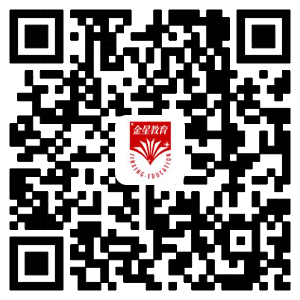一、表示主观猜测
即对已经发生动作或已经存在的状态作出主观上的猜测,通常可译为“可能(已经)”,有时需根据具体语境来翻译。如:
We could not have heard them because of the noise from the river. 由于有河水声我们不能听见他们的话。
Tom could have taken the money; he was here alone yesterday. 有可能是汤姆把钱拿走了,昨天他单独一个人在这里呆过。
We knew he couldn’t have paid for it, because he had no money. 我们知道不可能是他付了这笔钱,因为他没钱。
【说明】该用法也可将could换成can,但这只限于否定句和疑问句,因为can表推测时不用于肯定句(而could可以用于肯定句)。如:
Can he have left already? 他会已经离开了吗?
They can’t have gone out because the light’s on. 他们不可能出去了,因为灯还亮着。
二、表示未曾实现的能力
即表示过去本来有能力可以做某事的,但实际上没有那样去做,通常译为“本来可以”“本来能够”等。如:
The worst of it is that I could have prevented the accident. 最糟糕的是我本来可以防止这次事故的。
We could have got in for nothing—nobody was collecting tickets. 我们本可以不买票就进去——根本没人收票。
I could have passed my examination easily but I made too many stupid mistakes. 我本可以轻易通过考试,但我犯了太多不该犯的错误。
有时用于反语。如:
You’ve broken my pen—thanks for nothing, I could have done that for myself. 你把我的笔给弄坏了——你得了吧,就那我自己也会弄。
三、表示未曾实现的可能性
即表示过去本来可能发生的情况,而实际上没有发生,通常译为“本来可以”“本来可能”等。如:
She could have been seriously injured. 她本来可能伤得很重的。
It’s difficult enough, but it could have been worse. 这事情够困难的了,本来可能会更糟呢。
有时也可根据语境译为“好在没有”“差点”,尤其是当谈论的是“不好”的情况时。如:
She felt miserable. She could have cried. 她感到很痛苦,她差点哭了。
That was a bad place to go skiing—you could have broken your leg. 那不是一个滑雪的好地方,好在你没有把腿给摔断。
Why did you throw the bottle out of the window? Somebody could have been hurt. 你为什么把瓶子扔出窗外呢? 好在没有砸伤人。
They were lucky—they could have been killed. 他们很幸运,差点被打死了。
Did you see him fall? He could have killed himself. 你看见他摔倒了吗? 他差点摔死了。
有时需要有比较灵活的翻译:
When I discovered I’d come for the appointment on the wrong day, I could have kicked myself. 我来赴约发现把日期弄错了,感到非常懊恼。
四、表示未曾实现的想法
即表示过去本来有做某事的打算或意图,但实际上没有实现,通常译为“本来可以”。如:
I could have lent you the money. Why didn't you ask me? 我本来可以借这笔钱给你的。你为什么不向我提出?
I could have given you some hints, but I suppose you thought yourself too grand. 我本可以给你点提示的,但是我认为你太自负了。
